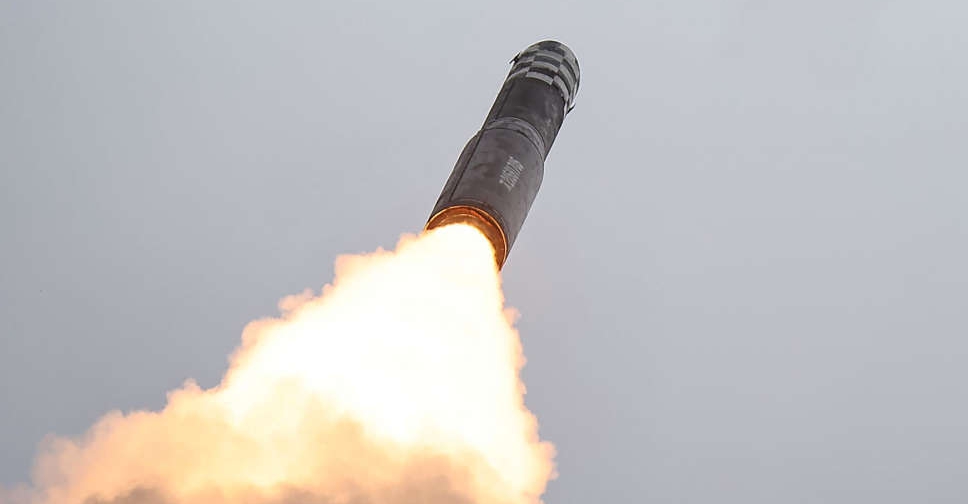
North Korea launched two ballistic missiles eastward early on Wednesday, Japan's and South Korea's militaries said, just hours after a US ballistic missile submarine arrived in a South Korean port for the first time in four decades.
Both of the missiles appeared to have fallen outside Japan's exclusive economic zone, the Japanese Defence Ministry said.
South Korea's Joint Chiefs of Staff (JCS) called on the North to cease such launches.
"We strongly condemn North Korea's successive ballistic missile launches as grave provocative acts that undermine the peace and stability of the Korean Peninsula as well as the international community, and are a clear violation of UN Security Council resolutions," the JCS said in a statement.
The US military said it was aware of the missile launches and was consulting closely with its allies and partners.
The launches do not appear to pose an immediate threat to the US or to its allies, but the events highlight the destabilising impact of North Korea's illicit weapons programme, the US Indo-Pacific Command said in a statement.
The first missile reached an altitude of 50 km and covered a range of 550 km, while the second one rose as high as 50 km and flew 600 km, Japanese Defence Minister Yasukazu Hamada told reporters.
Japan lodged a protest against the missile launches through diplomatic channels, he said.
The firing comes nearly a week after North Korea tested its latest Hwasong-18 intercontinental ballistic missile, a launch Pyongyang said was a warning to the United States and other adversaries.
Also on Tuesday, a US soldier facing disciplinary action fled across the inter-Korean border into North Korea. The soldier is believed to be in North Korean custody, Washington said, creating a fresh crisis between the two foes.
"North Korea's latest firing of ballistic missiles is probably unrelated to an American soldier crossing the inter-Korean border, but such an incident doesn't help matters either," said Leif-Eric Easley, a professor at Ewha University in Seoul.
North Korea "undoubtedly opposes" a new US-South Korea nuclear war planning group that met for the first time on Tuesday, as well as the visit of the US nuclear ballistic missile submarine, he said.


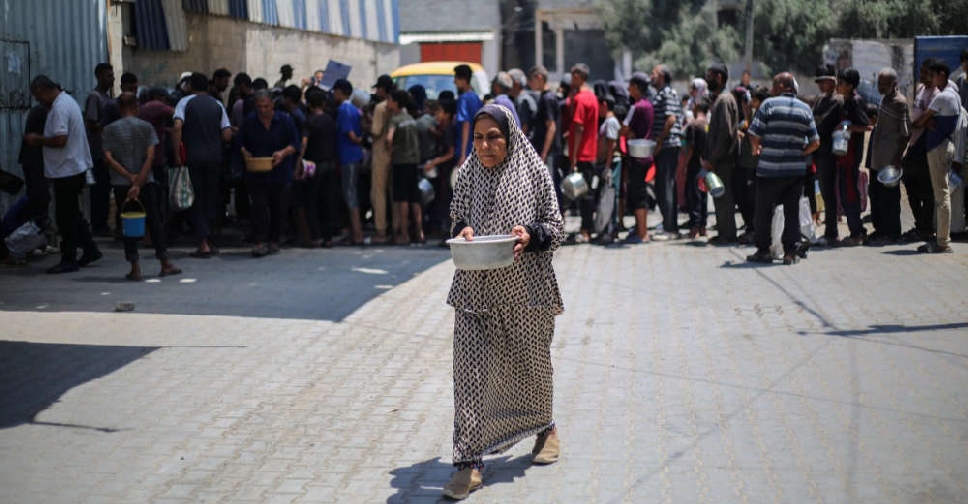 Israel acknowledges Palestinian civilians harmed at Gaza aid sites
Israel acknowledges Palestinian civilians harmed at Gaza aid sites
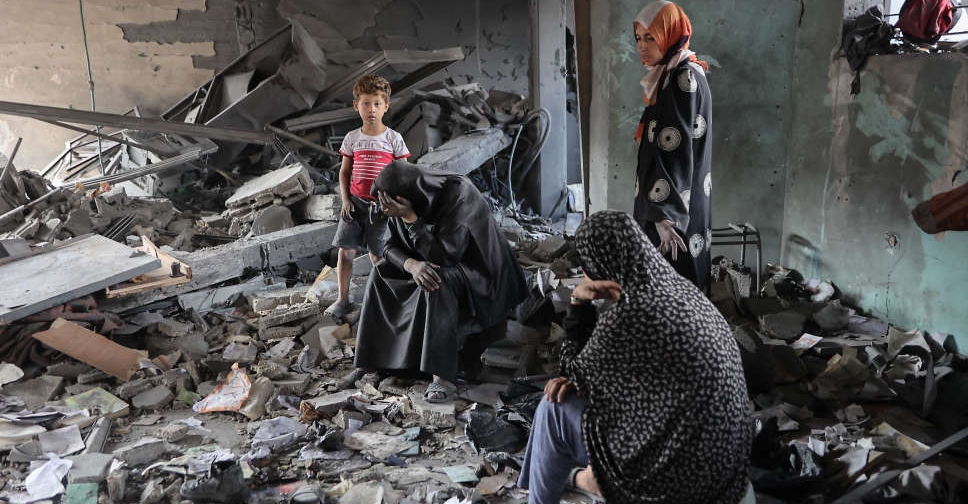 Israel steps up Gaza bombardment ahead of White House talks on ceasefire
Israel steps up Gaza bombardment ahead of White House talks on ceasefire
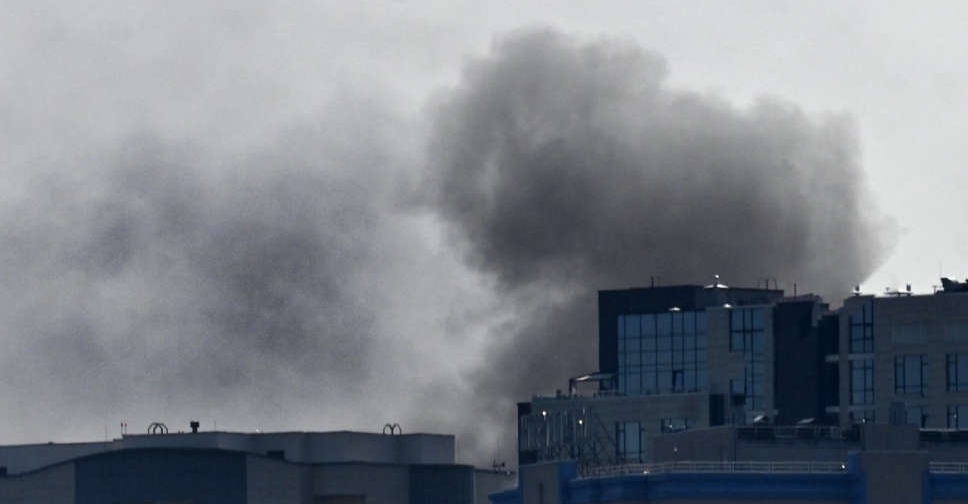 Ukraine pilot killed in large-scale Russian attack, Zelenskyy calls for US help
Ukraine pilot killed in large-scale Russian attack, Zelenskyy calls for US help
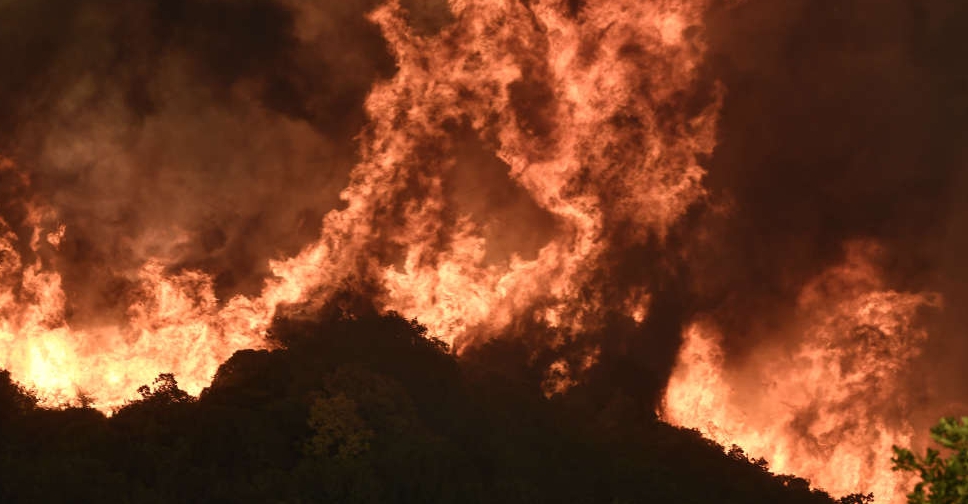 Firefighters in Turkey battle to contain wildfires for second day
Firefighters in Turkey battle to contain wildfires for second day
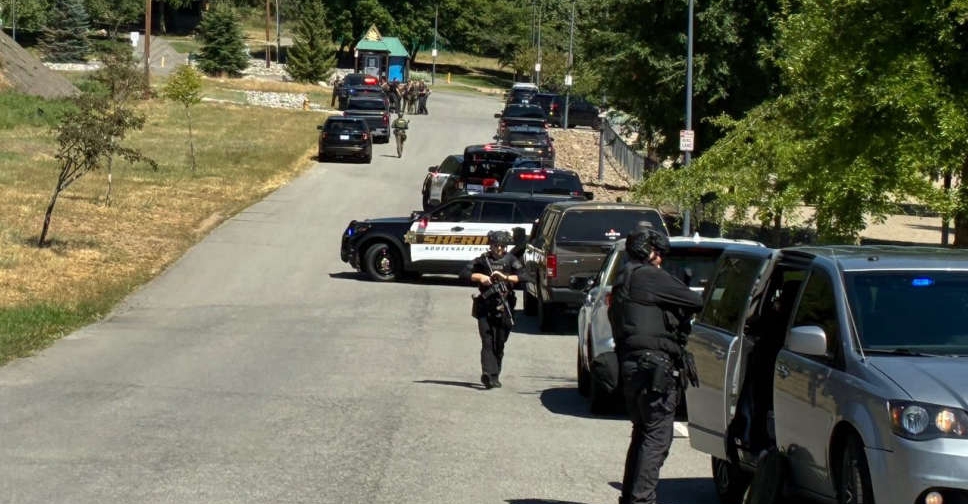 Two firefighters killed in Idaho shooting, shelter in place lifted
Two firefighters killed in Idaho shooting, shelter in place lifted




